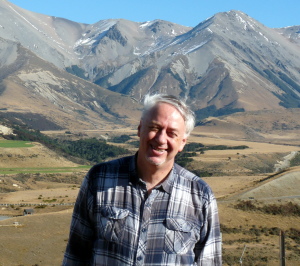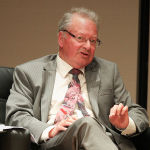We are delighted to let you know that we have a face-to-face event coming up soon! We are looking forward to welcoming you back to Lindisfarne House, with our guest speaker, Rev. Dr. Stephen May, who many of you will remember from previous talks.
THE GALILEO CONTROVERSY
Rev. Dr. Stephen May
Tuesday 16th November
Lindisfarne House, 4 Barbourne Terrace,
Worcester WR1 3JS

Rev Dr Stephen May
Galileo: the Man and the Myth
For more than a century – and today as much as ever – the story of Galileo’s 17th Century clash with the Catholic Church has been gleefully seized upon by detractors of the church as evidence for “the war of science and religion”. Theologian and historian Stephen May will examine the truth (or otherwise) of this claim. In particular, does the Galileo Controversy still have lessons for the church today?
Stephen is a former lecturer in Systematic Theology at the University of Auckland, and a former member of the Bible and Science committee, with an early love of astronomy, a first degree in history, and continuing interests in it, as well as the relation of science and faith.
Doors open at 7.30pm for coffee and cake.
The event begins at 8pm.
ALL WELCOME


